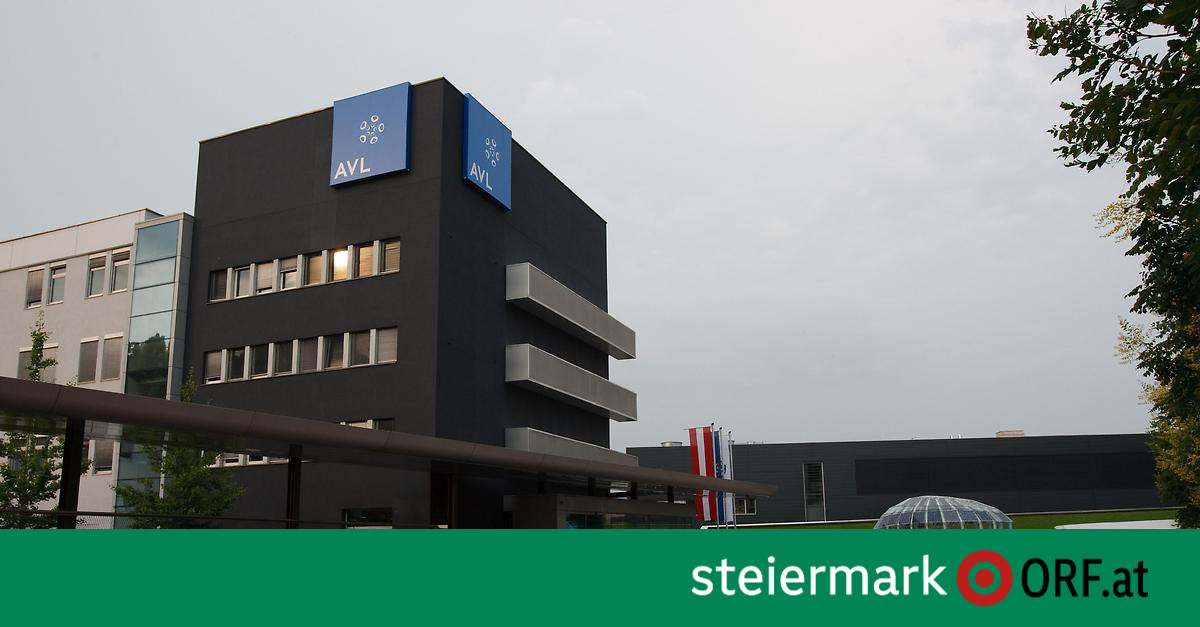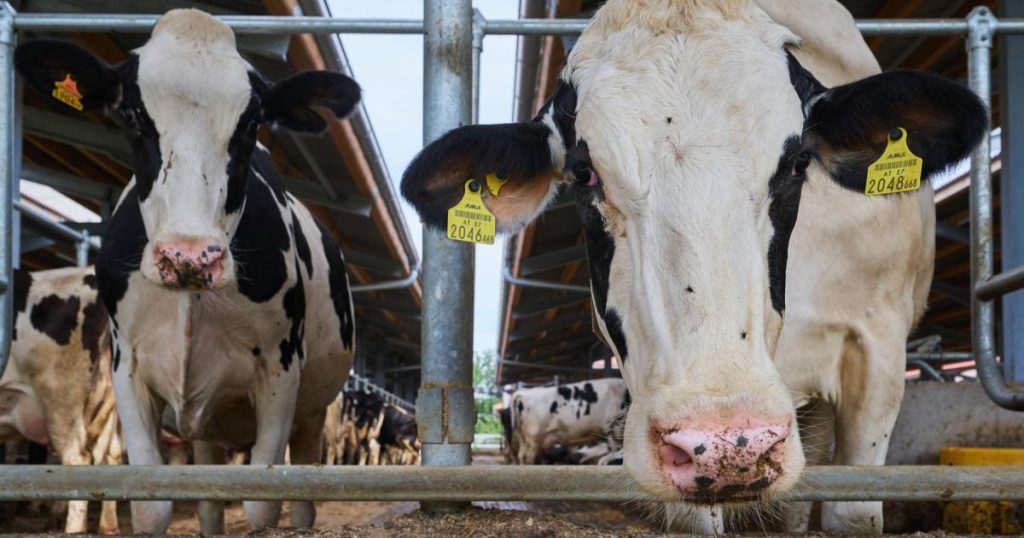On Tuesday afternoon, the majority of European Parliament members in plenary session in Strasbourg gave the green light to the revised guidelines, under which billions may flow in the future. 270 billion euros are available to the agricultural sector in the European Union for the years 2023 to 2027.
But the debate over what proponents of Christian Democrats, conservatives and liberals call “the largest land reform in 30 years” has been fierce. SP-EU MP Gunther Seidl assessed the reform as “a set of missed opportunities”. And “a missed opportunity will come back on us,” says Green MEP Thomas Waitz.
The European Union Social Democrats and the Green Party voted unanimously against reforming the Common Agricultural Policy (CAP), which has been negotiating with EU governments for years with great effort.
direct payments
The most dangerous claim to reform: Subsidies for farmers are still not sufficiently linked to climatic and environmental requirements, environmental groups criticize. In the future, 25 percent of the so-called direct payments to some six million farmers in the European Union will be linked to specific environmental conditions.
And farmers who participate in environmental programs – they are called “environmental bases” – should receive more financial support: those who do not use pesticides, for example, get more money from Brussels. But there is no commitment to halve herbicide use, the Greens are demanding.
The problem of ers of billions of direct payments from Brussels: there are a lot of exceptions. According to the EU Court of Auditors, they were already responsible for the fact that emissions of climate-damaging gases in agriculture could not be reduced despite billions of subsidies. Agriculture in the European Union still emits as much greenhouse gases as it was ten years ago.
There is no upper limit
There is no fundamental realignment of EU agricultural policy. And this on the other hand too: there will be no upper limit of €100,000 per farm.
As a result, four-fifths of agricultural subsidies in the EU go to only one-fifth of farms. This benefits huge agricultural companies – many in Eastern Europe owned by oligarchs who are too close to political power.
However, one of the most important innovations in the CAP is that the 27 EU governments must now present their own strategic plans for how to implement the objectives of the agricultural policy.
Simone Schmiedtbauer confirms the ÖVP’s mandate: “This brings more flexibility, but also more responsibility for states.”
Austrian farmers get money from Brussels from two pots: about 580 million euros came from that for rural development in 2020. Recent direct payments amounted to about 690 million.

“Food practitioner. Bacon guru. Infuriatingly humble zombie enthusiast. Total student.”







More Stories
Space debris: The International Space Station's battery actually went through the roof of the house
Fire burns in the historic Copenhagen Stock Exchange
Gulf of Oman: Iran announces the confiscation of a cargo ship that violates the rules